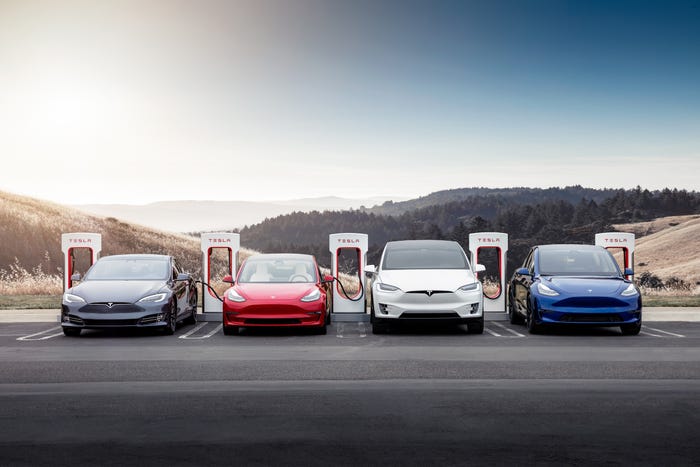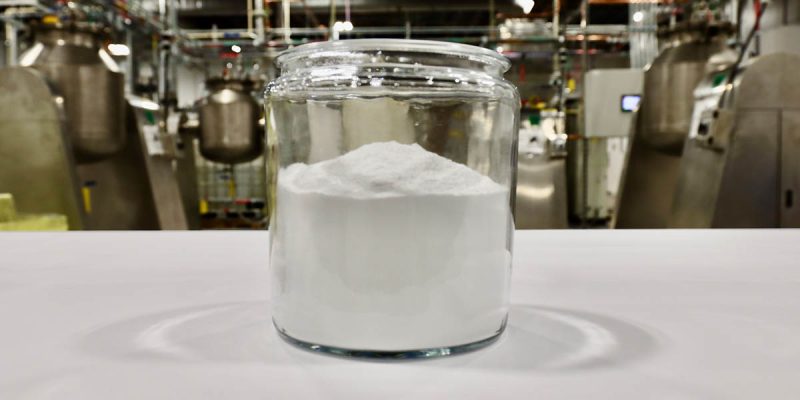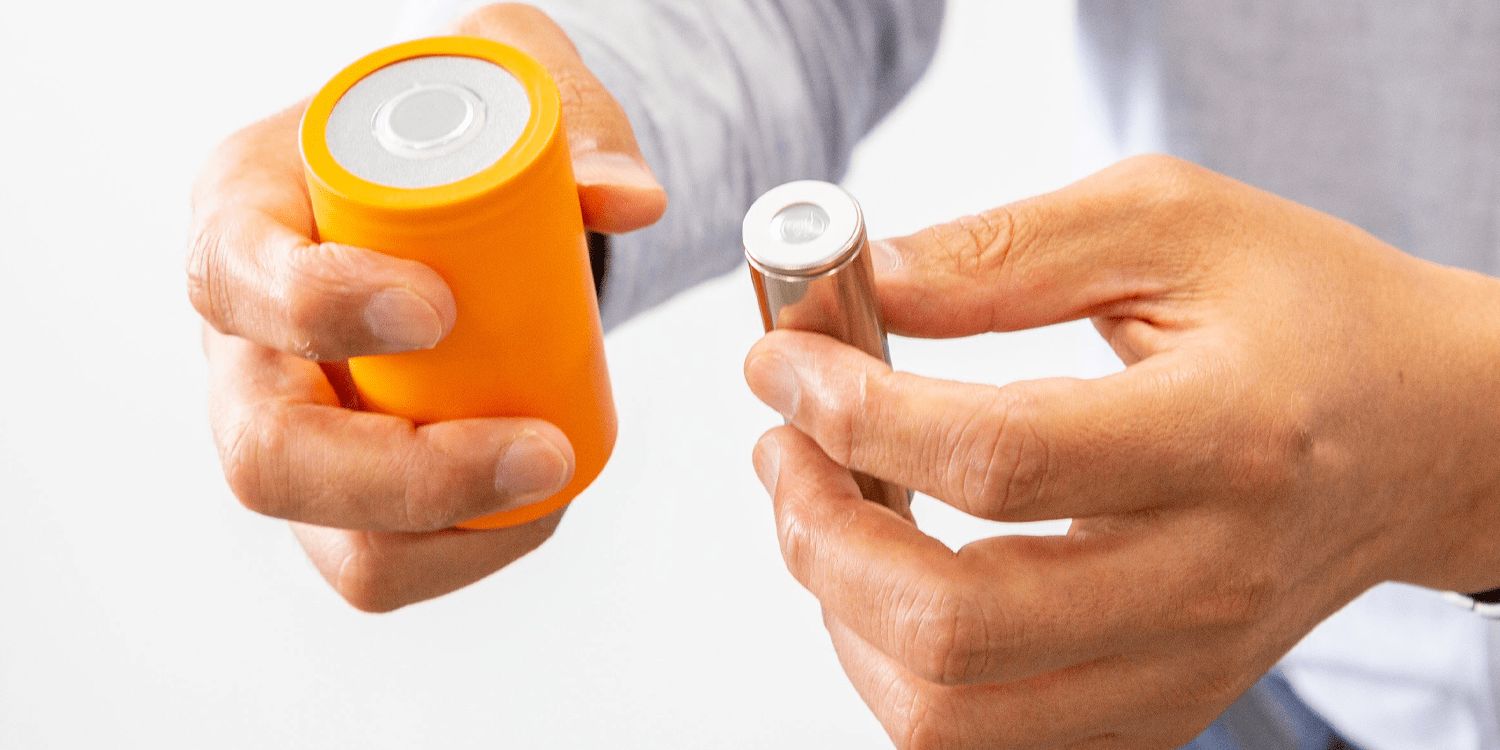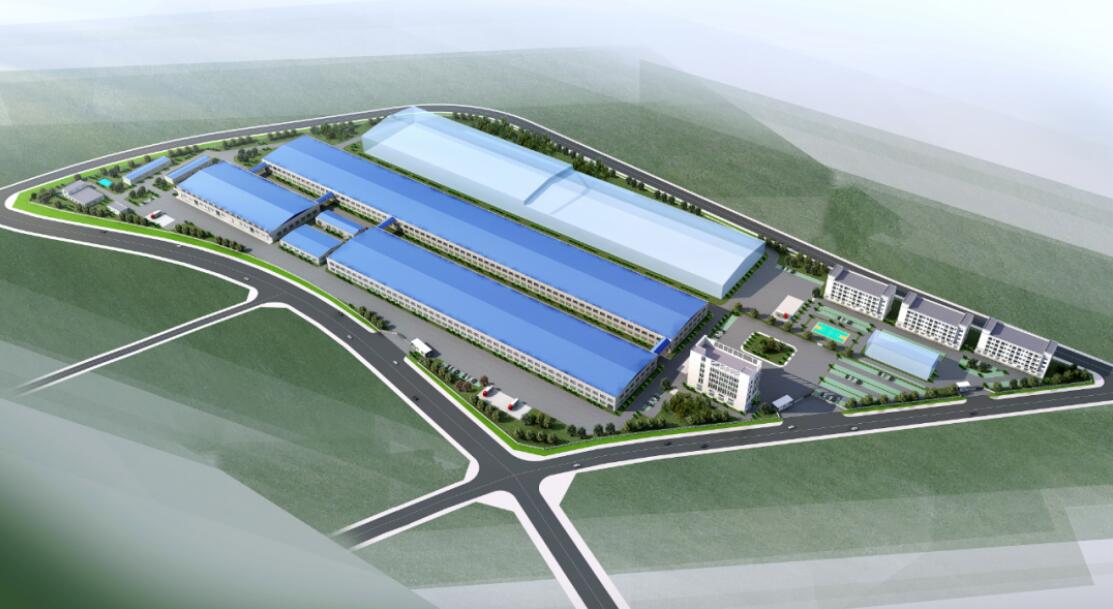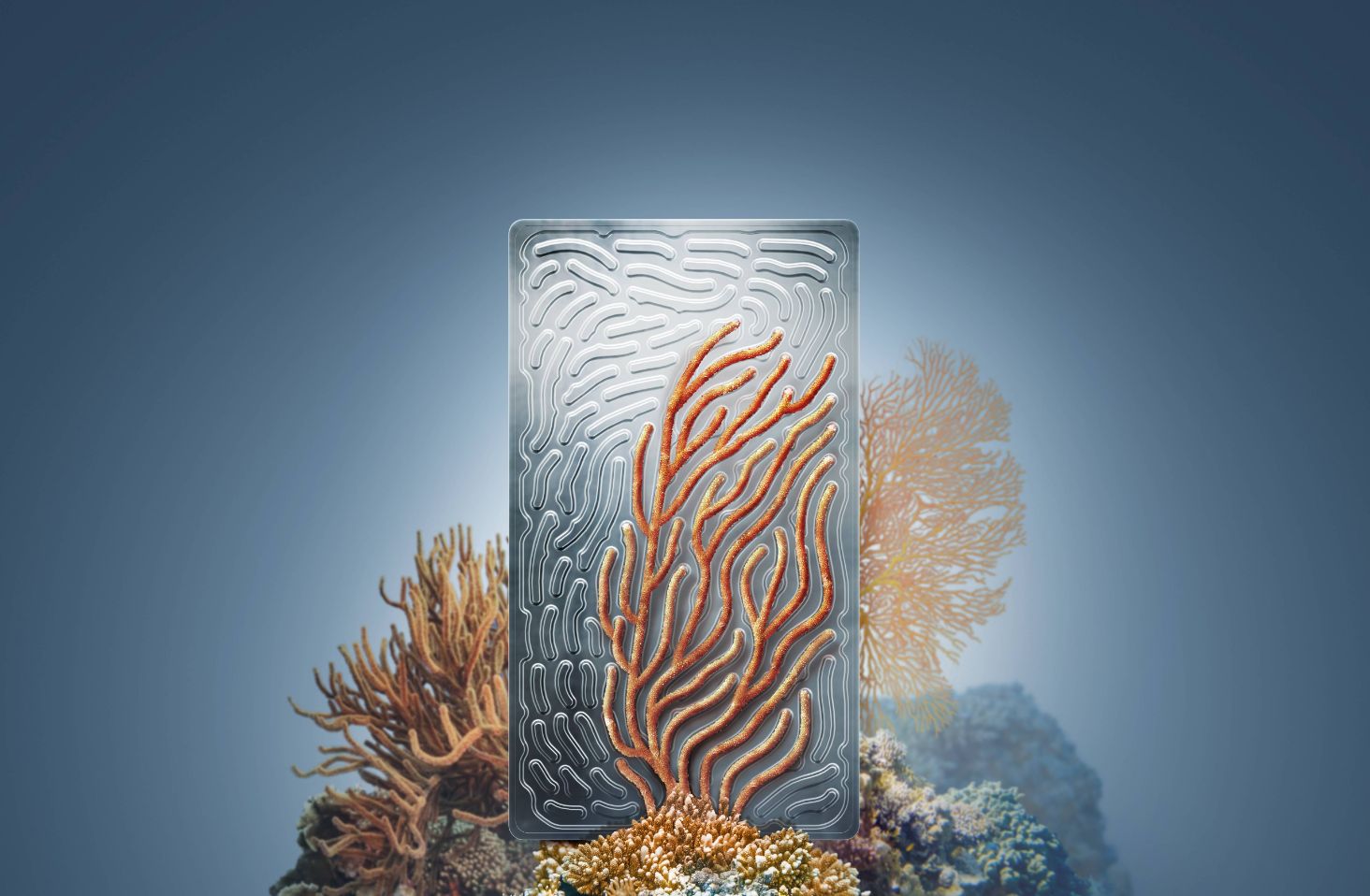In a recent analysis conducted by Japan’s Nikkei, it has come to light that nearly 40% of the suppliers providing materials for Tesla’s electric vehicle (EV) batteries are Chinese companies. Despite Nikkei’s attempt to seek clarification from Tesla regarding its reliance on Chinese suppliers, no response was received by the time of publication.
According to Nikkei’s meticulous examination of the supply chain, China emerges as the predominant contributor of materials for the lithium-ion batteries powering Tesla’s EVs, accounting for 39% out of the 61 companies operating in the storage battery category.
Collaborating with Tokyo-based IT services management firm Fronteo, Nikkei employed an innovative machine-learning algorithm to scrutinize Tesla’s supply chain. By analyzing publicly available data encompassing financial statements and press releases, artificial intelligence identified a staggering 13,428 companies believed to be part of Tesla’s EV production supply chain, spanning up to five tiers of suppliers.
See also: Panasonic produces new EV battery for Tesla, claims to increase car range by 20 percent
China’s commanding presence extended to nonferrous smelting, excluding aluminum smelters, where it constituted 40% of the 42 engaged firms. Similarly, in the inorganic chemistry group, Chinese companies seized the top share, accounting for 33% out of the 102 suppliers.
To gauge the extent of Tesla’s reliance on major suppliers, Fronteo introduced the chokepoint score index, a metric grading the degree of dependence a final product manufacturer places on a specific supplier. Ratings are assessed on a 10-point scale, with 10 denoting the highest level of dependence. Notably, Fronteo was granted a patent for this technology in 2022.
Key Chinese suppliers crucial to Tesla’s operations include Ganfeng Lithium, a major producer of lithium products, achieving a chokepoint score of 6.8. Additionally, Novoray, a significant inorganic compound manufacturer, secured a score of 7.1, while Zhejiang Huayou Cobalt, specializing in cobalt materials, garnered a rating of 5.7.
A deeper analysis of the shareholders of these companies reveals that Novoray and Huayou Cobalt bear the influence of China’s government, which indirectly owns 9% and 12% of their shares, respectively.
See also: Global EV Battery Market Sees Impressive Growth in H1 2023, CATL Leads with 36.8% Market Share
Comparatively, U.S. companies constitute 22% of Tesla’s overall supplier base, whereas Chinese entities account for 17%. Strikingly, Tesla’s percentage of Chinese suppliers surpasses that of General Motors by 4 points.
In a bid to enhance the robustness of its lithium supply chain, Tesla is actively taking steps. The company’s lithium procurement includes suppliers like Albemarle and Livent, as well as China’s Ganfeng – as highlighted in a 2022 report released by Tesla. Additionally, the company has embarked on the establishment of a lithium refining facility, venturing into a domain traditionally dominated by China.

